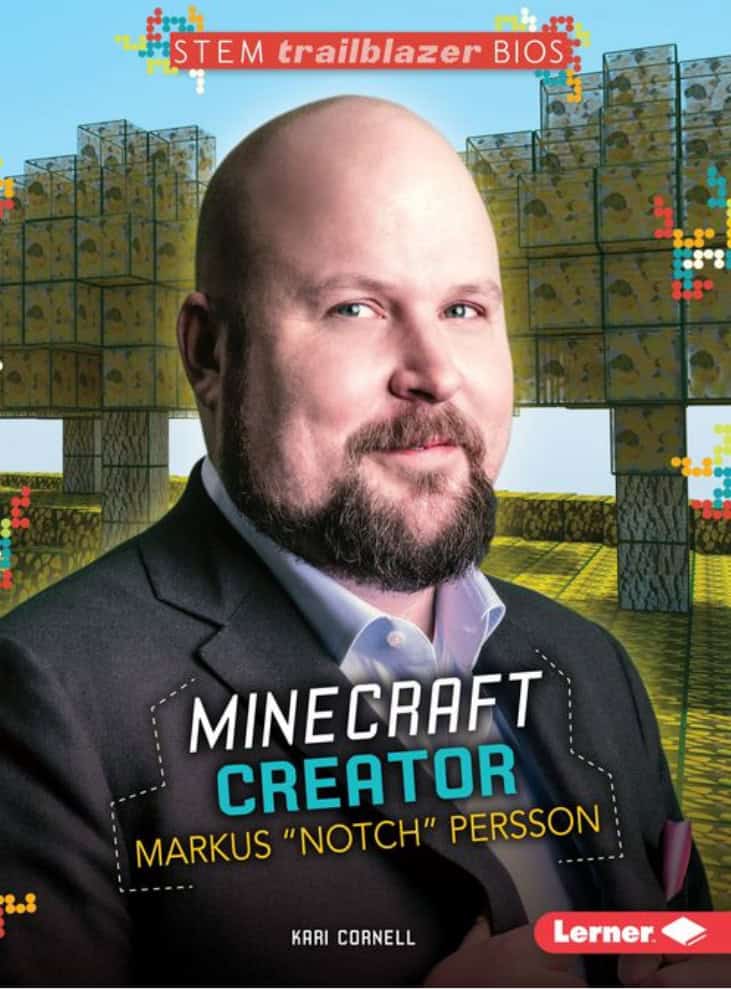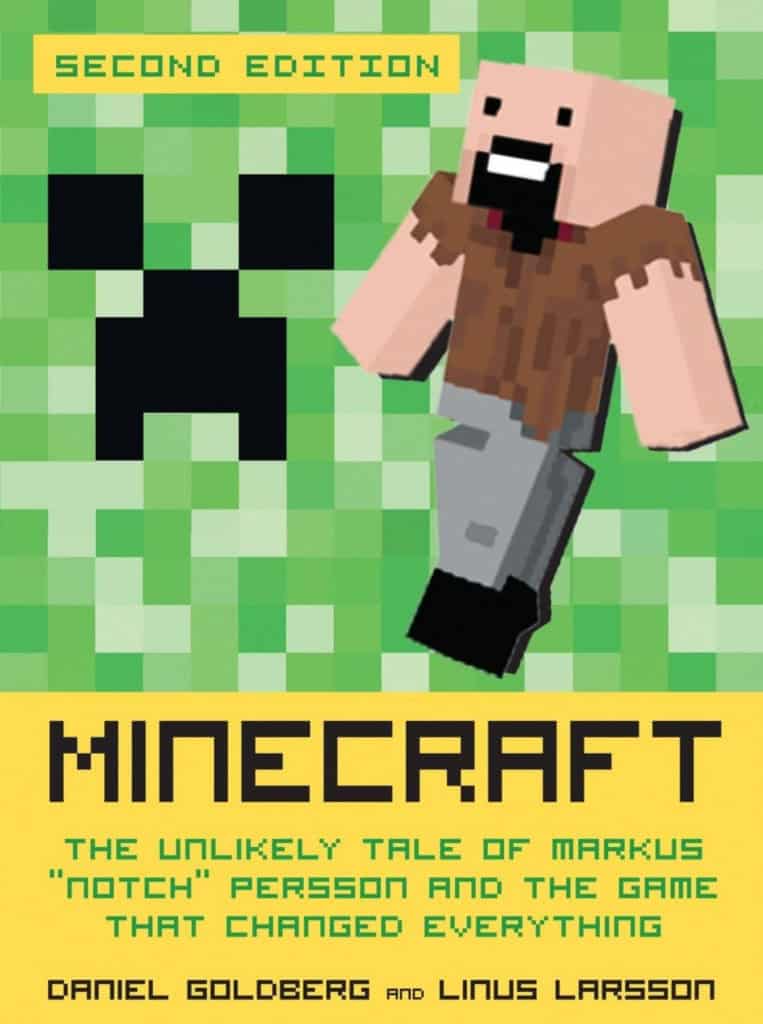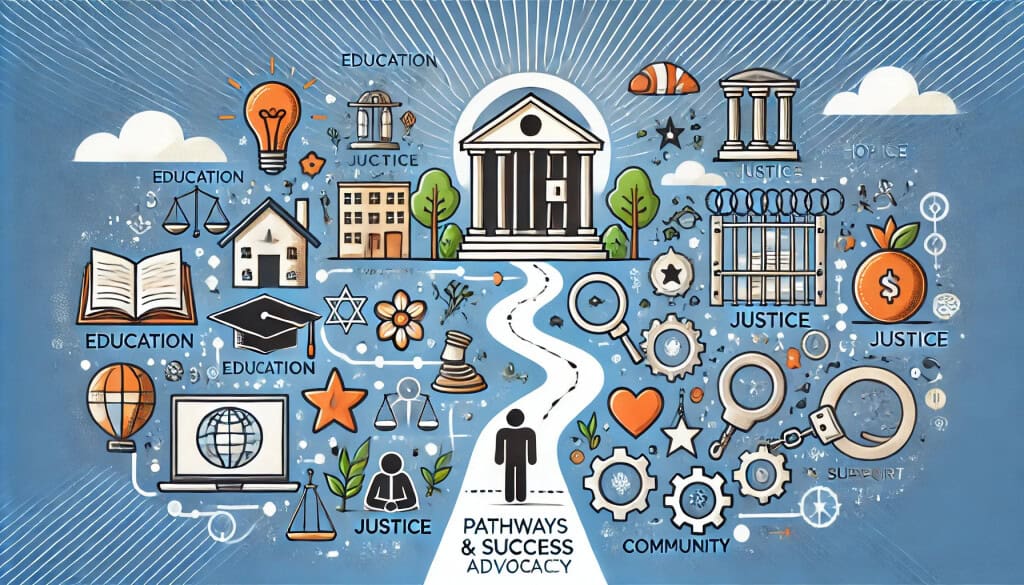Marcus Persson, creator of the hugely popular game Minecraft, achieved extraordinary financial success when Microsoft purchased his company for $2.5 billion. Yet, despite immense wealth and global fame, Persson openly struggled with feelings of isolation, anxiety, and emptiness. His story vividly illustrates an important truth: true success is about more than money or recognition—it’s about purpose, relationships, and inner peace. This powerful lesson resonates deeply with incarcerated individuals and their families, many of whom face isolation and challenges but still strive for meaningful lives.
Marcus Persson’s Story: Wealth vs. Happiness

Marcus Persson, also known as “Notch,” created Minecraft—a game beloved by millions worldwide. When Microsoft bought Minecraft for billions, Persson seemingly achieved every entrepreneur’s dream. Yet his success brought unexpected feelings of emptiness and loneliness, despite immense wealth and the ability to fulfill any material desire. Persson candidly shared on social media his struggles with isolation, noting how his wealth distanced him from friends and made genuine connections harder to find. His story proves a crucial point: financial success alone cannot guarantee personal happiness.
Key Lesson for Prisoners & Families: Real Happiness Isn’t About Money
Many incarcerated individuals, especially those convicted of selling drugs or involved in financially motivated crimes, were often chasing the idea of money as a pathway to happiness or success. Persson’s story provides essential insight: wealth alone does not lead to true fulfillment. This lesson is invaluable for those reflecting on past decisions and looking toward the future.
Actionable Insight:
• Reconsider your definition of success and fulfillment. True happiness is rooted in purpose, meaningful relationships, and personal growth—not just money or status.
Lessons on Purpose and Inner Strength
Marcus Persson’s wealth could buy anything—except happiness and purpose. On the other hand, prisoners who focus on educational opportunities, creative pursuits, or personal growth often find more satisfaction than any wealth could bring. Education programs, creative writing, learning new trades, and mindfulness practices such as meditation can provide incarcerated individuals with a powerful sense of purpose and fulfillment.
Key Takeaway:
• Invest your time and energy into personal growth and purposeful activities. Pursue meaningful educational programs, creative arts, or self-improvement to build genuine inner satisfaction.
Rebuilding Connections & Relationships
Despite his success, Persson expressed deep loneliness, reminding us that genuine human connections are irreplaceable. Prisoners and their families face similar challenges of isolation and separation. Yet through communication (letters, phone calls, visits), shared reading experiences, joint educational activities, and emotional support, families can maintain and even strengthen their bonds.
Key Message:
• True fulfillment comes from strong, healthy relationships, not financial status. Prisoners and their families can actively nurture these bonds despite incarceration.
The Value of Personal Fulfillment
There is a powerful opportunity for prisoners to explore personal fulfillment within prison walls. Through education, vocational training, creative writing, and mindful practices such as meditation and yoga, incarcerated individuals can discover deeper satisfaction and personal growth. These activities not only improve mental well-being but also prepare individuals for meaningful lives after release.
Actionable Steps:
• Engage in available educational and vocational training programs.
• Practice mindfulness, meditation, and reflective exercises regularly.
• Seek out creative opportunities, such as writing, drawing, or music.
Beyond Money: What Truly Matters

Marcus Persson’s experience shows that the relentless pursuit of money and status can leave individuals feeling empty and disconnected. This lesson is particularly impactful for those incarcerated due to financially motivated crimes. Recognizing that money isn’t the ultimate goal can be transformative. Instead, focusing on personal integrity, community service, education, and family relationships provides lasting satisfaction and genuine success.
Guidance:
• Realign your values towards integrity, personal growth, and meaningful relationships.
• Embrace personal accountability and strive to contribute positively to your community, both inside and outside prison.
Beyond Success, Toward True Fulfillment
Marcus Persson’s journey reminds us all that true success encompasses emotional wellbeing, meaningful relationships, and inner peace—areas prisoners and their families can actively cultivate despite difficult circumstances. Rather than pursuing wealth or superficial achievements, focusing on purpose, community, education, and family can create a rich, fulfilling life. Real success is about the quality of your relationships and your personal integrity. Prison walls cannot prevent personal growth, meaningful connections, and the pursuit of true happiness.
About Pathways to Success and Georgia Prisoners Speak (GPS)

At Georgia Prisoners Speak (GPS), we believe that education is one of the most powerful tools for breaking cycles of incarceration and building a better future. That’s why we created the Pathways to Success program—a dedicated initiative providing educational resources, skill-building guides, and financial literacy tools tailored specifically for prisoners and their families.
GPS is a prison reform advocacy platform focused on exposing systemic injustices, pushing for policy change, and empowering incarcerated individuals with the knowledge they need to successfully re-enter society. Our educational articles are part of this mission, ensuring that those impacted by incarceration have access to practical guidance that can help them build stability, opportunity, and financial independence.
To explore more resources, visit Pathways to Success.

